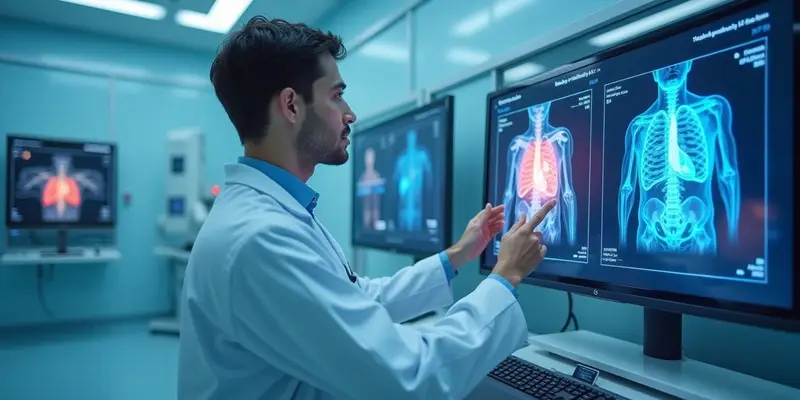- Published on: Feb 27, 2021
- 1 minute read
- By: Dr Rajan Choudhary
Cone Snail Venom Shows Potential For Treating Severe Malaria
Cone Snail Venom Shows Potential for Treating Severe Malaria
Malaria is responsible for more than 500 million cases and 400,000 deaths worldwide each year. The parasite P falciparum invades inside your red blood cells to hide from your immune system and multiply. Our bodies have the ability to destroy defective red blood cells in the spleen, so to avoid this the parasite induces adhesive proteins on the surface of the red blood cells. This causes them to stick together, and to the walls of small blood vessels. This blocks microvasculature and leads to end-organ damage. Destruction of the protective blood-brain barrier leads to cerebral malaria, with symptoms including abnormal posturing, gaze palsy, seizures, and coma.
We currently do not have a vaccine for the parasite, and our current medications may not be sufficient against severe forms of malaria. Whilst it destroys the parasites, the damage done to the red blood cells persists, resulting in adhesions and clumping of the cells, as well as the persistence of end-organ damage and severe symptoms. Prevention of this clumping can help improve survival rates, and this requires the development of new anti-adhesion drugs.
Researchers at the Florida Atlantic University’s College of medicine have investigated venom from Conus nux, a species of sea snail that produces conotoxin to hunt its prey. Conotoxins are small proteins 10 times deadlier than nerve gas and over 500 times more toxic than cyanide. The mechanism of action for conotoxin is not well known, but recent research suggests they disrupt protein interactions and inhibit the function of nerve cells, allowing the snail to hunt down its prey.
In this study, researchers examined venom from over 850 species of cone snails and reviewed the ability of the venom to disrupt the protein-protein interactions that cause red blood cell clumping. They found certain proteins amongst the conotoxin that bind to and block receptors on human cell surfaces and are responsible for the beneficial effects against malaria. Whilst the findings are preliminary, there is potential to refine conotoxin and use its protein inhibitory actions against other diseases that require cell surface protein binding to spread and propagate, including HID and COVID.
This is early research, but it is an interesting example of how we can use discoveries in nature to work to our benefit. Previously we have managed to utilize the poison digitalis found in foxglove to produce antiarrhythmics used in heart failure, and botulinum toxin to treat spastic paralysis and wrinkles in the form of Botox. Conotoxin may lead to new forms of pharmaceuticals that can act as anti-infective medications, though we have a long way to go.










